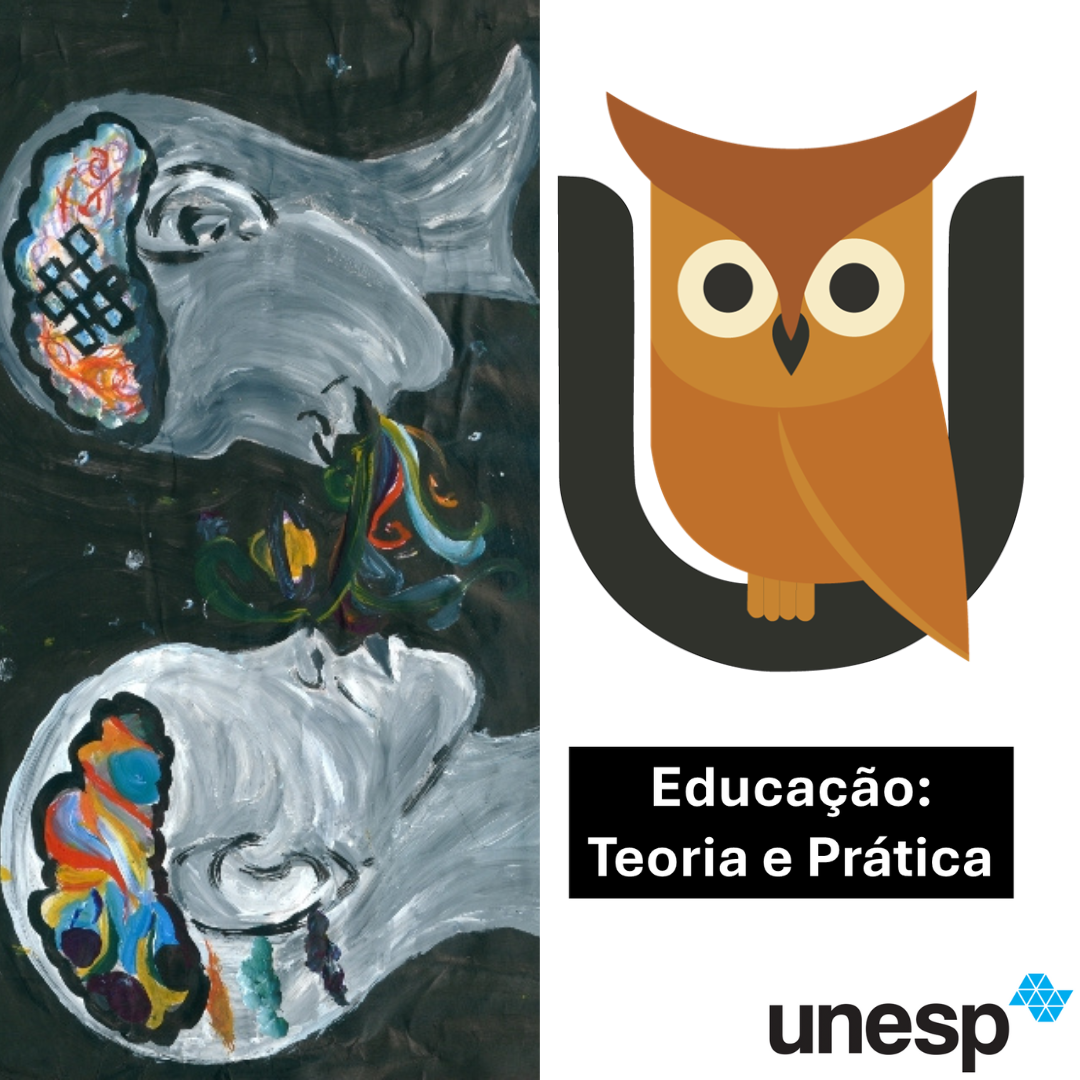CHALLENGES IN TEACHER EDUCATION IN SEXUAL DIVERSITY
DOI:
https://doi.org/10.18675/1981-8106.vol29.n60.p140-161Keywords:
Sexualidade, Formação de professores, CurrículoAbstract
Considering the growing of diversities in discussions related to education, this article aims to highlight the challenges found in the effectiveness of teacher education in sexual diversity. The methodological option was for a qualitative bibliographical study. Therefore, we present a text divided in three parts discussing sexual diversity as a component of a difference curriculum, relations between sexuality, education and political aspects, and, ultimately, teacher education in sexual diversity with an emphasis on Biological Science. Our analyses indicate that insufficient attention has been given to non-heteronormative perspectives in the field of education and training. Teacher training in sexual diversity has been compromised and/or obstructed by a high investment from a mainly conservative group with fundamentalist religious ideals, which oppose to human rights and inclusive education agenda. When thinking about curriculum, cultural artifacts and speeches imbued with teacher education, it is essential to also think on the addition of approaches that don’t exclude the perspectives of sexual minorities. Keywords: Sexuality. Teacher education. Curriculum.Additional Files
Published
How to Cite
Issue
Section
License
Authors who publish in this journal agree to the following terms:
a) Authors assign copyright to the journal, with the work simultaneously licensed under the Creative Commons Attribution License that allows sharing of the work with acknowledgment of authorship and publication in this journal.
b) The policy adopted by the Editorial Committee is to assign copyright only after a period of 30 months from the date of publication of the article. After this time, authors interested in publishing the same text in another work must send a letter to the Editorial Committee requesting the release of the assignment of copyright and wait for a response.
c) This journal provides public access to all its content, since this allows greater visibility and reach of published articles and reviews. For more information on this approach, visit the Public Knowledge Project, a project that developed this system to improve the academic and public quality of research, by distributing OJS as well as other software to support the public access publication system to academic sources. The names and email addresses on this website will be used exclusively for the purposes of the journal and will not be available for other purposes. This journal provides open any other party  This work is licensed under a Creative Commons License
This work is licensed under a Creative Commons License











